Yuan-Yao Sung
FLORA: Fine-grained Low-Rank Architecture Search for Vision Transformer
Nov 07, 2023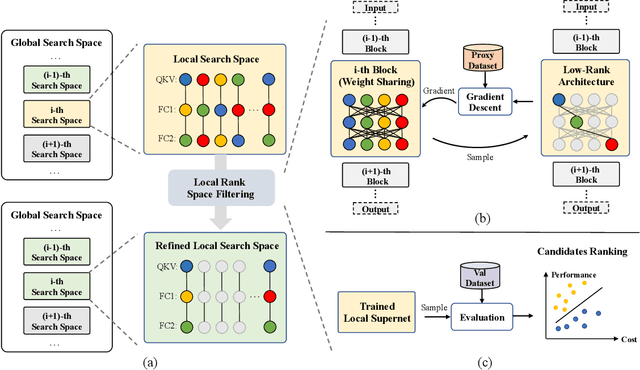
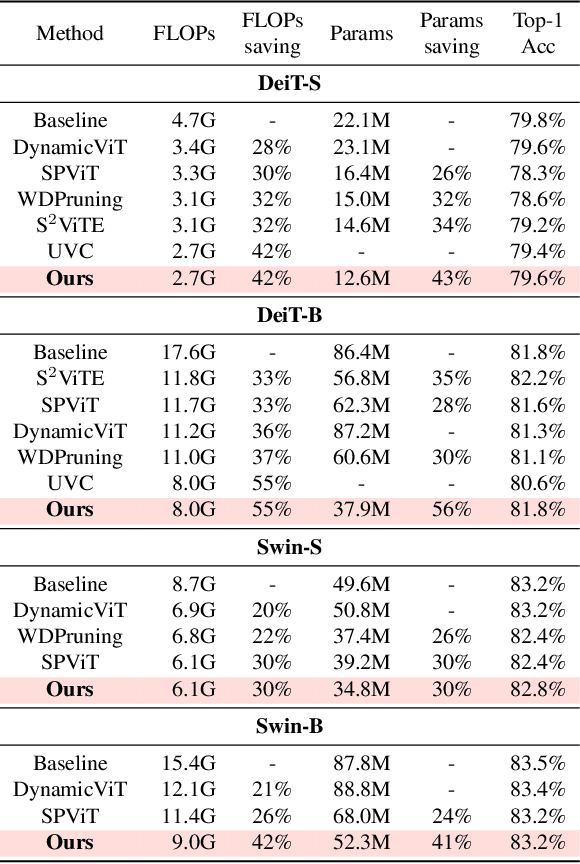
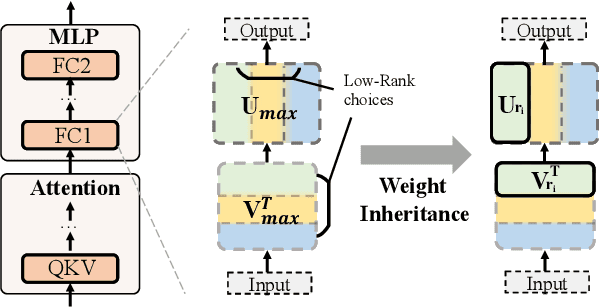
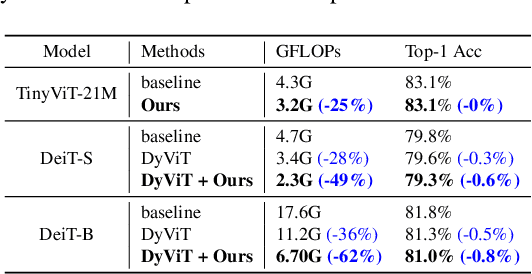
Abstract:Vision Transformers (ViT) have recently demonstrated success across a myriad of computer vision tasks. However, their elevated computational demands pose significant challenges for real-world deployment. While low-rank approximation stands out as a renowned method to reduce computational loads, efficiently automating the target rank selection in ViT remains a challenge. Drawing from the notable similarity and alignment between the processes of rank selection and One-Shot NAS, we introduce FLORA, an end-to-end automatic framework based on NAS. To overcome the design challenge of supernet posed by vast search space, FLORA employs a low-rank aware candidate filtering strategy. This method adeptly identifies and eliminates underperforming candidates, effectively alleviating potential undertraining and interference among subnetworks. To further enhance the quality of low-rank supernets, we design a low-rank specific training paradigm. First, we propose weight inheritance to construct supernet and enable gradient sharing among low-rank modules. Secondly, we adopt low-rank aware sampling to strategically allocate training resources, taking into account inherited information from pre-trained models. Empirical results underscore FLORA's efficacy. With our method, a more fine-grained rank configuration can be generated automatically and yield up to 33% extra FLOPs reduction compared to a simple uniform configuration. More specific, FLORA-DeiT-B/FLORA-Swin-B can save up to 55%/42% FLOPs almost without performance degradtion. Importantly, FLORA boasts both versatility and orthogonality, offering an extra 21%-26% FLOPs reduction when integrated with leading compression techniques or compact hybrid structures. Our code is publicly available at https://github.com/shadowpa0327/FLORA.
FOX-NAS: Fast, On-device and Explainable Neural Architecture Search
Aug 14, 2021
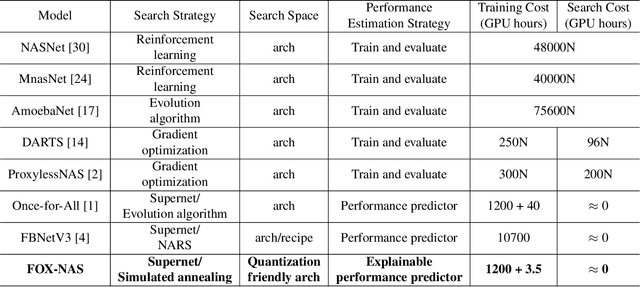
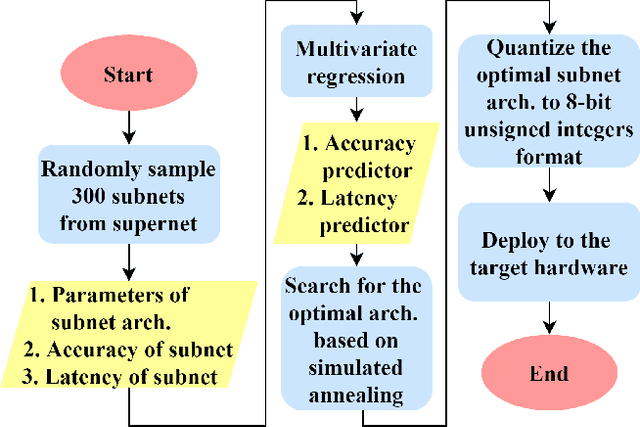
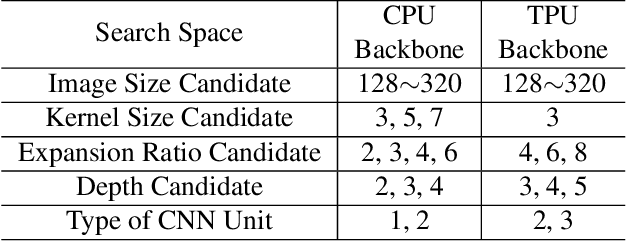
Abstract:Neural architecture search can discover neural networks with good performance, and One-Shot approaches are prevalent. One-Shot approaches typically require a supernet with weight sharing and predictors that predict the performance of architecture. However, the previous methods take much time to generate performance predictors thus are inefficient. To this end, we propose FOX-NAS that consists of fast and explainable predictors based on simulated annealing and multivariate regression. Our method is quantization-friendly and can be efficiently deployed to the edge. The experiments on different hardware show that FOX-NAS models outperform some other popular neural network architectures. For example, FOX-NAS matches MobileNetV2 and EfficientNet-Lite0 accuracy with 240% and 40% less latency on the edge CPU. FOX-NAS is the 3rd place winner of the 2020 Low-Power Computer Vision Challenge (LPCVC), DSP classification track. See all evaluation results at https://lpcv.ai/competitions/2020. Search code and pre-trained models are released at https://github.com/great8nctu/FOX-NAS.
 Add to Chrome
Add to Chrome Add to Firefox
Add to Firefox Add to Edge
Add to Edge